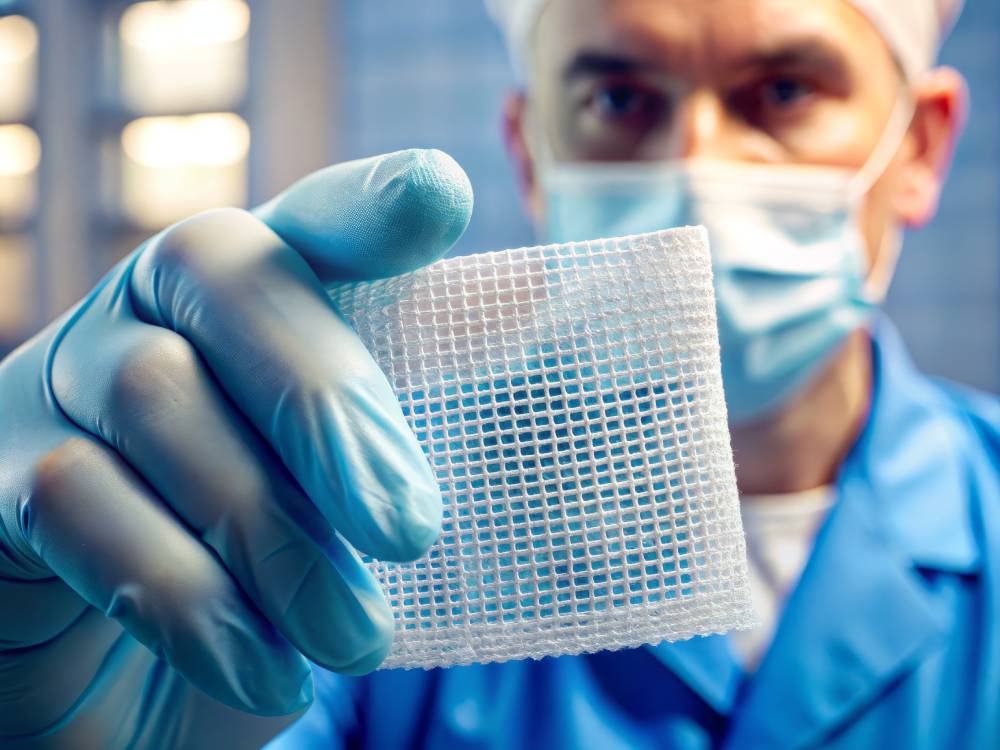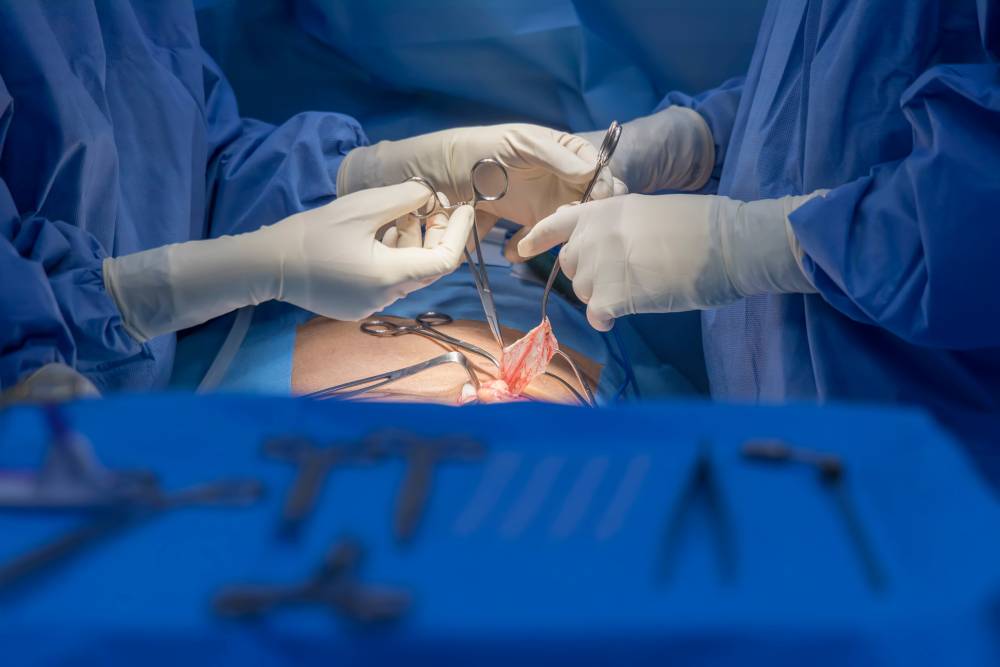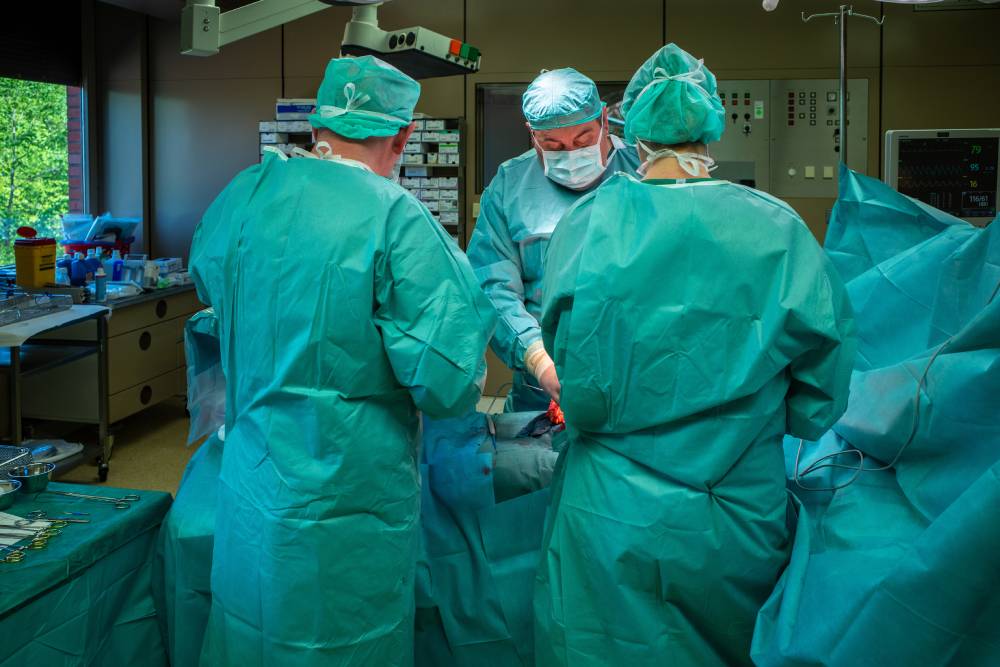A hernia happens when an internal organ or tissue pushes through a weak spot in the surrounding muscle or connective tissue. For many people, it starts with a small bulge… maybe some occasional discomfort… but over time, the pain increases, activity becomes limited, and everyday life feels harder than it should.
At Angelina Surgical Associates, we understand how hernias affect not just your body — but your confidence, your routine, your ability to move freely.
The best part? we’re here for you!
Each hernia is different. Where it appears in your body and how it affects your daily life guides how we approach your treatment.

Inguinal hernias are the most common type, especially in men. They occur when tissue pushes through a weak spot in the groin area, often causing pain during lifting, coughing, or exercise. You might notice a bulge that comes and goes. Thankfully, minimally invasive surgery can repair the hernia and get you back to your life quickly — with less pain and downtime.

A ventral hernia appears through the front of the abdominal wall, usually around the mid-line. It may feel like a soft bulge that gets worse when standing or straining. These hernias can grow larger over time, but surgical repair — often using robotic or laparoscopic methods — can restore strength and prevent further complications.

If you’ve had abdominal surgery in the past, a hernia can sometimes form along your old incision. These incisional hernias happen when scar tissue doesn’t fully heal, allowing tissue to push through. Repairing them often requires special care, especially if mesh or scar tissue is already present, but with today’s techniques, recovery can still be smooth and manageable.

Hiatal hernias don’t show up as an external bulge—instead, they occur when the top of your stomach slips upward through the diaphragm. This often leads to heartburn, reflux, or trouble swallowing. We use minimally invasive surgery to reposition the stomach and reinforce the diaphragm, often combining it with reflux procedures to help you feel better for good.
YOU don’t have to wait until it gets worse.. Living with a hernia can be uncomfortable, frustrating, or even scary — but you’re not alone, and you have options.